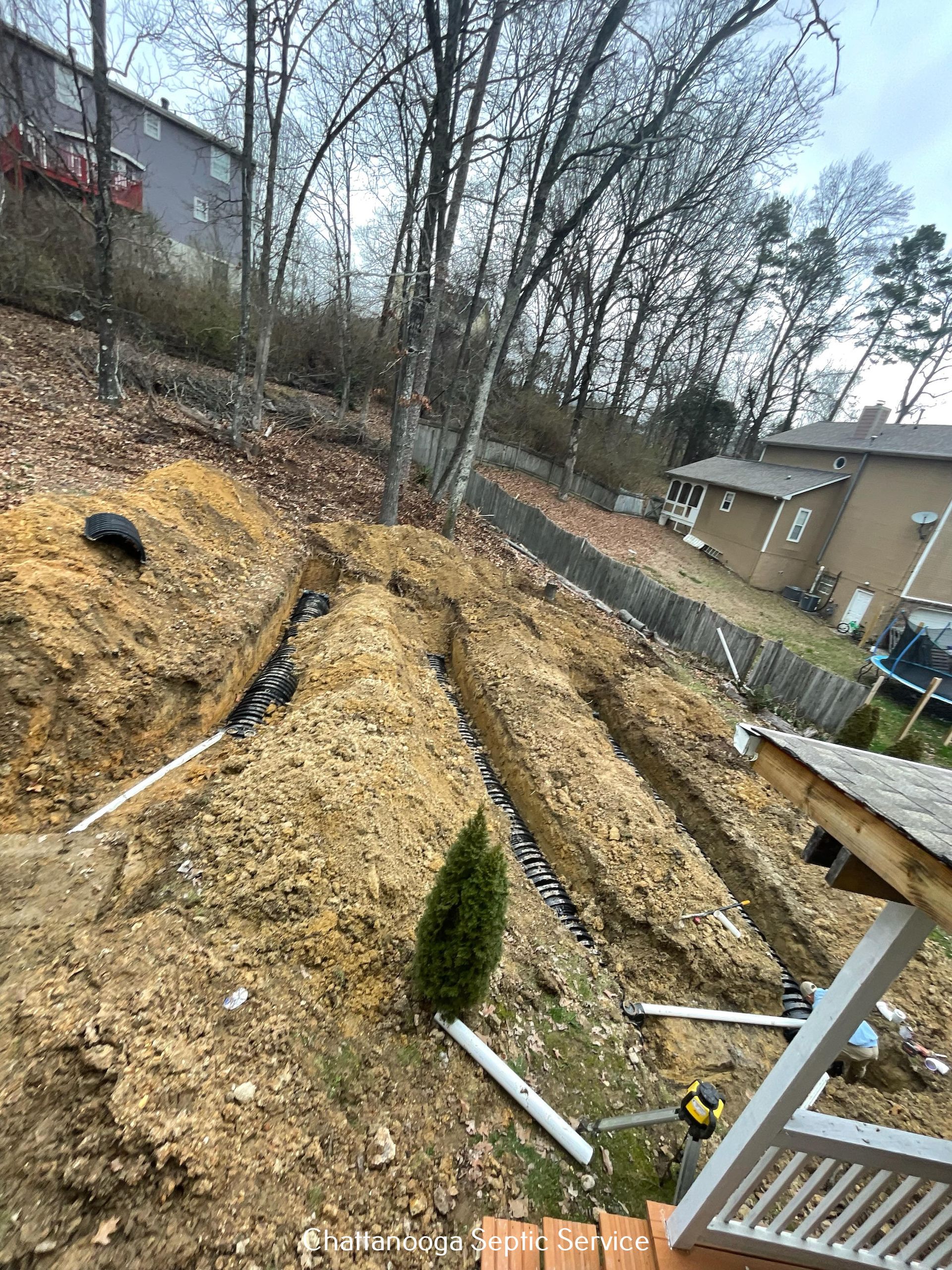In undeveloped areas, septic tanks are utilized for sewage disposal and treatment. Poor septic tank system maintenance can be an unwelcome financial burden and a significant health danger to you and your family. Taking care of your septic system is affordable and does not have to be expensive. However, failing to maintain your septic system could cost you thousands of dollars in the long run, as replacing a septic system can cost tens of thousands of dollars.
Households with septic systems on their property are frequently unaware of how to take care of them properly. Continue reading to learn useful septic system advice to save you from a potential disaster.
How Do Septic Systems Work?
A septic system has a septic tank and drainfield. Sewage flows to the septic tank, where the primary treatment process takes place. In the tank, the heaviest matter settles to the bottom (forming sludge), and the lighter matter (scum) floats on top of a somewhat clear liquid called effluent. While the sludge and scum must be pumped out regularly, the clear liquid flows out of the tank to a distribution box or dosing tank and is then directed to the absorption area by gravity flow or through pressurized pipes.
Within the absorption area, this effluent exits through pipes into a layer of gravel and then percolates through the soil for additional treatment. The bacteria in the soil neutralizes many of the contaminants in the wastewater. (1)
Get to Know Your Septic System
Understanding how your septic tank works and where it is placed is the first step toward proper maintenance. Because septic system installation requires a permit under state law, your county or town should keep a record of the permit and a plan showing the tank's layout and location. You may be able to identify visual signs such as sewage covers by examining the direction of the sewer pipe, which is located in the basement and leads out of the property.
Regularly Pump the Septic Tank
Septic tank pumping Chattanooga is one of the most crucial activities you must schedule every two to five years. The size of the tank, the number of people living in the home, and the type of waste that is deposited into the septic system all influence whether septic tank pumping Chattanooga, TN needs to be done every two years or every five years. A garbage disposal, for example, is fantastic if you are connected to an urban wastewater system, but these appliances can greatly increase the volume of solid waste that runs into a septic system, resulting in more frequent Chattanooga septic tank pumping. The cost to pumping septic tank in Chattanooga, TN ranges from $200 to $600, depending on the size and location of the tank.
Compare different
septic tank pumping companies in Chattanooga area to ensure you get a reasonable price.

Do Not Use Your Toilet as a Trash Can
Toilet paper is the only item that should be flushed down the toilet that does not come out of your body. This includes no diapers, feminine products, hair, dental floss, or anything else. Toilet paper is made to degrade in the septic tank. Other materials are not permitted; they will clog and harm your septic system.
Look for toilet paper that is septic-safe. Some of the more luxurious, pricey brands with lotions may clog your system or introduce harmful substances.
Distribute Your Use of the Washing Machine/Dishwasher Throughout the Week
You may believe that having a designated "laundry day," when you wash all of your clothes and possibly even run your dishwasher, will save you time. However, it places a significant strain on your septic system. You must allow your septic system time to treat the wastewater or risk overloading the system and flooding your drainfield. Instead, do a full load (to avoid wasting water) twice a week.
Consider What You Dump Down the Kitchen Sink Drain
People dispose of a lot of items down the kitchen sink that can damage a septic tank. Coffee grinds, eggshells, medication, produce tags, and other items should never be thrown down the sink drain. All of them have the potential to clog pipelines or block screens. Also, do not dispose of any form of oil, such as cooking oil, paint, or fat, since it will clog your septic system.
Even dairy items, like milk, should not be flushed. Dairy is difficult to break down in a septic tank due to the scarcity of oxygen. When using waste disposal with a septic tank, the tiny food particles contribute to solids deposited on the tank's bottom. As a result, homeowners must be especially cautious to ensure that the only stuff they throw down a garbage disposal is biodegradable food.
Take Caution When Using Cleaning Chemicals
Cleaning agents used by homeowners can destroy the healthy microorganisms in a septic system. When washing garments, avoid using chemicals such as bleach. Use only a tiny amount if necessary. Do not use drain cleaners, which can harm the tank as well as kill helpful microorganisms. If a plunger doesn't work, replace it with a toilet drain snake.
It can also be used to unclog kitchen and bathroom sinks. Toilet bowl cleaners often contain bleach and harm your septic system. Avoid ammonia-containing antibacterial soaps and disinfectants as well. Fortunately, several ecological or plant-based cleaning products are available to replace these harsh chemicals.
Keep Your Drainfield Safe
To minimize the number of times you need septic tank pumping Chattanooga, you should keep your drainfield safe. As previously mentioned, proper drainfield care begins with closely watching water usage and what goes into your septic system. Never park or drive cars across your drainfield. Additionally, ensure that gutters and sump pumps divert water away from the drainfield.
Further, avoid planting trees and plants near the drainfield because their roots could clog pipes.
Make use of a Bacteria Additive
The waste from the house is filtered by weight, allowing the solids to settle to the tank's bottom and releasing the liquid waste to the leach field to be filtered by the soil. The waste that stays in the tank is increasingly broken down by bacteria, which aids in maintaining the septic system. However, the bacteria in the system are susceptible to effective cleaning solutions, antibacterial soaps, and drain cleaners, so you should add new bacteria that break down unnatural chemicals to safeguard the naturally occurring bacteria in the septic system.
For more information on Flush Fellas Septic & Excavating and our services, feel free to reach us via phone today: (423) 498-9839.

About the author
Charles Chandler
Charles Chandler is the founder of Flush Fellas, a septic and excavating company based in Chattanooga, TN. With a passion for providing top-notch services to his clients, Charles has established himself as a prominent figure in the industry. He has extensive knowledge of septic systems, excavation, and drainage solutions, which he uses to offer customized services that meet the specific needs of his clients. Charles is committed to providing exceptional customer service and building long-term relationships with his clients. He is dedicated to staying up-to-date with the latest industry trends and innovations to ensure that Flush Fellas continues to offer the best services possible.


